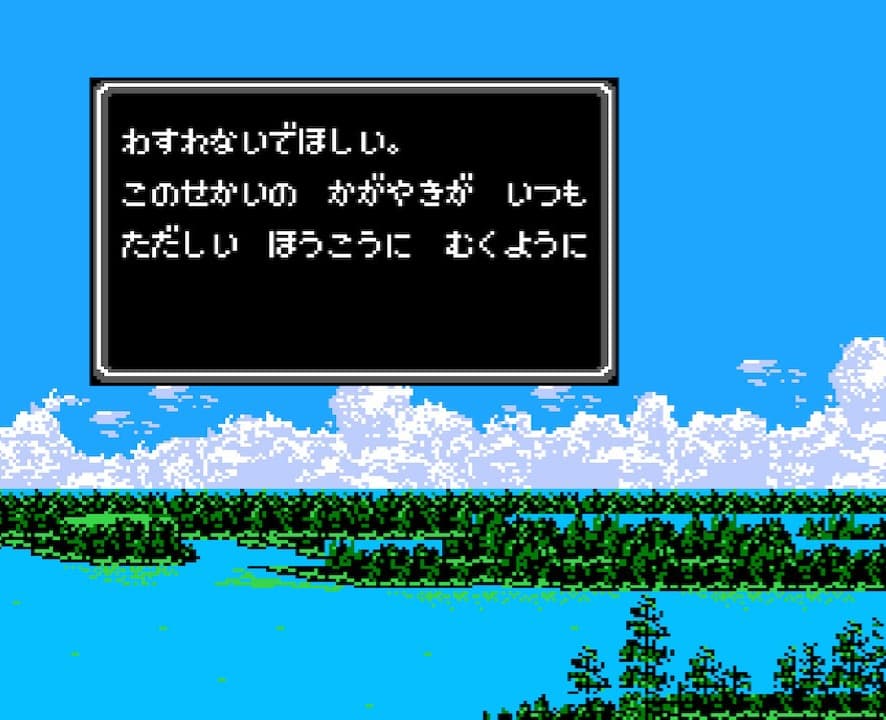As seen in this screenshot. I’m thinking it’s either 忘れないでください or 忘れてほしくない
“I want you to not forget” or just “Don’t forget”
I think the difference in nuance with the others:
忘れないでください
Don’t forget, as a polite command.
忘れてほしくない
Kind of different emphasis.
“I don’t want (you to forget)” vs “I want (you to not forget)”
So 忘れないでほしい can mean either 忘れないでください or 忘れてほしくない?
Kinda, they’re all similar in meaning but with different emphasis.
1. I want you to forget.
It is my desire for you to forget.
2. I want you to not forget.
It is my desire for you to not forget.
3. I don’t want you to forget.
It is not my desire for you to forget.
4. I don’t want you to not forget.
It is not my desire for you to not forget.
Literally, they express slightly different things.
In casual English, #2 and #3 have basically the same meaning. But #2 has more emphasis on not forgetting (remembering), whereas #3 has more emphasis on forgetting.
And #1 and #4 are also nearly the same meaning, but #4 sounds pretty awkward, yea?
And てください commands just mean to do the thing, it doesn’t bring my desire (or lack of desire) into it.
I think there’s a similar parallel that’s easier to see with “liking” and “disliking”:
昨日、サッカの試合を見た?
- いいえ、サッカがあまり好きじゃないから。
- いいえ、サッカが嫌いから。
~てほしい expresses a wish for someone to do something that is out of your will. For example, you can say いい加減にしてほしい when you want someone to stop fooling around.
In this context, it literally says “I want you to not forget”.
On this subject, I asked a Japanese friend recently what the difference is between ~しないでほしい and してほしくない and she said there is virtually no difference whatsoever, so the point where Japanese people don’t even think about it.
I saw your username and looked at the screenshot and thought, 'those are some pretty profound words for something like Toejam and Earl".
Then I’m like, it’s early. I need more coffee.
この返事を忘れないで欲しい。
Just FYI, from my past relationship (Japanese) in which “~して欲しい” was often a point of contention, I can assure you that this phrase doesn’t carry with it the same nuance as English.
Using your example, of course it literally means “I want you to not forget” but a more natural translation would be “Don’t forget” or “Please don’t forget” in a somewhat casual sense and softer than ~ください

